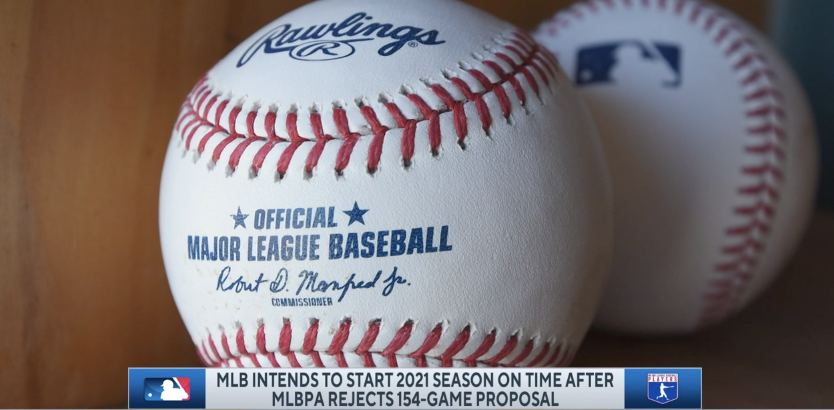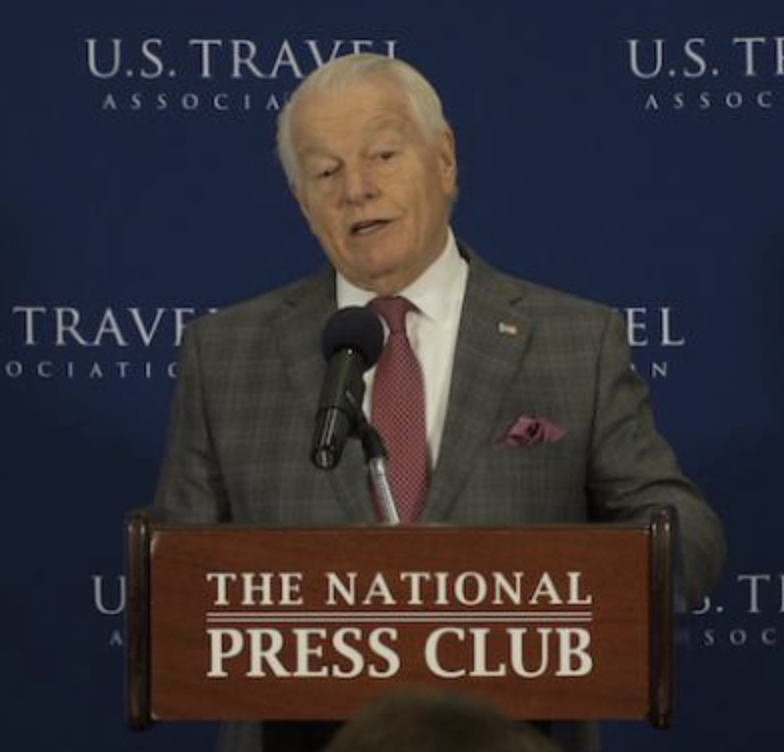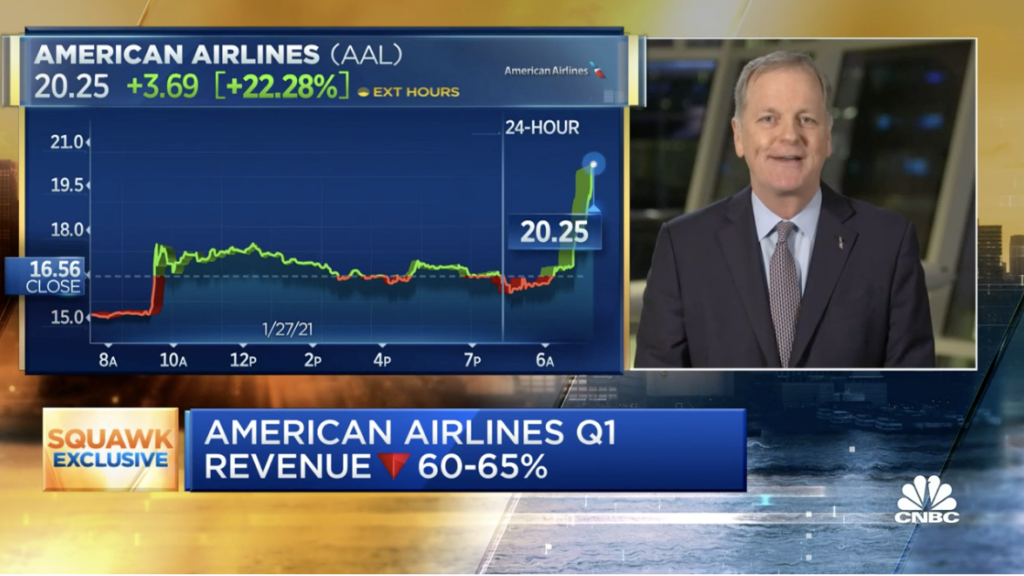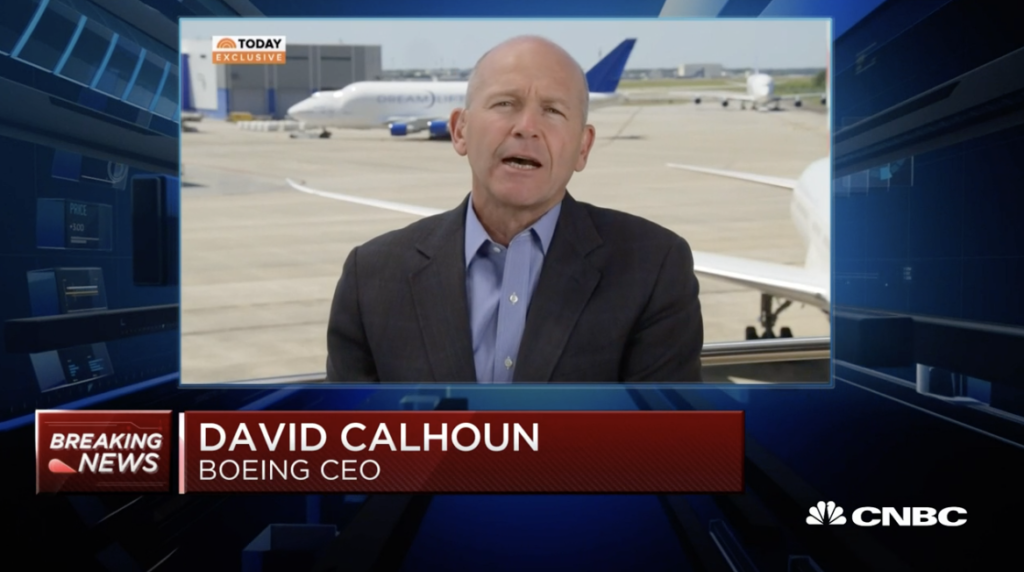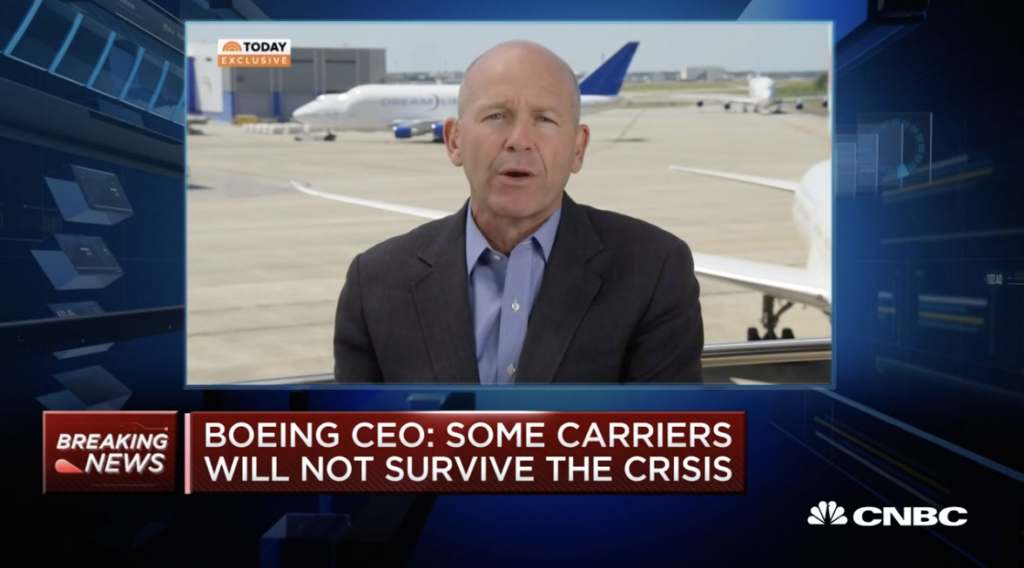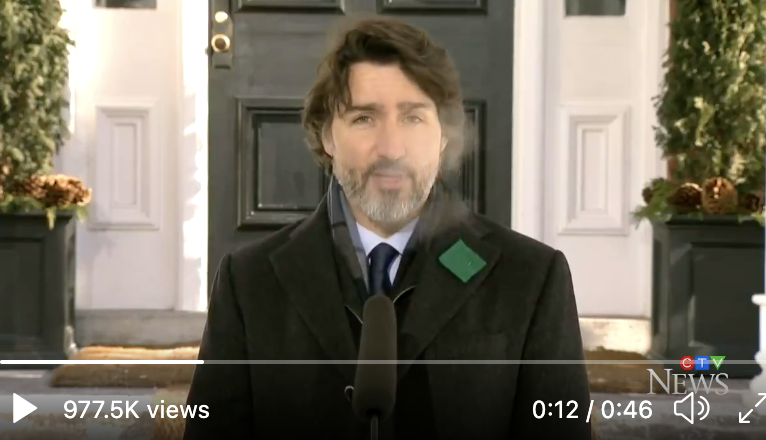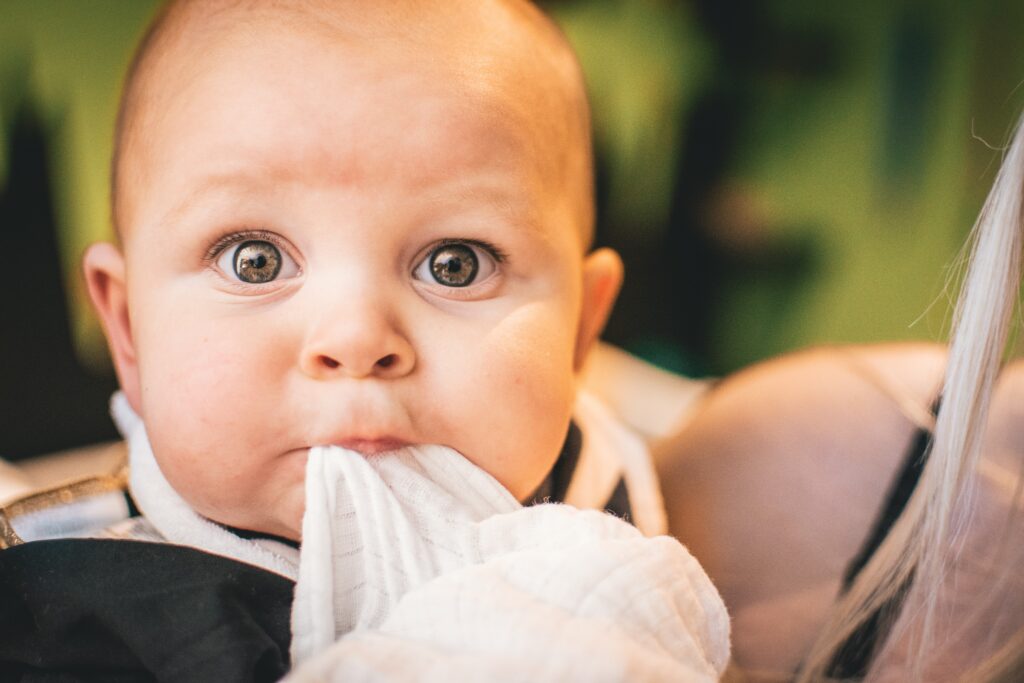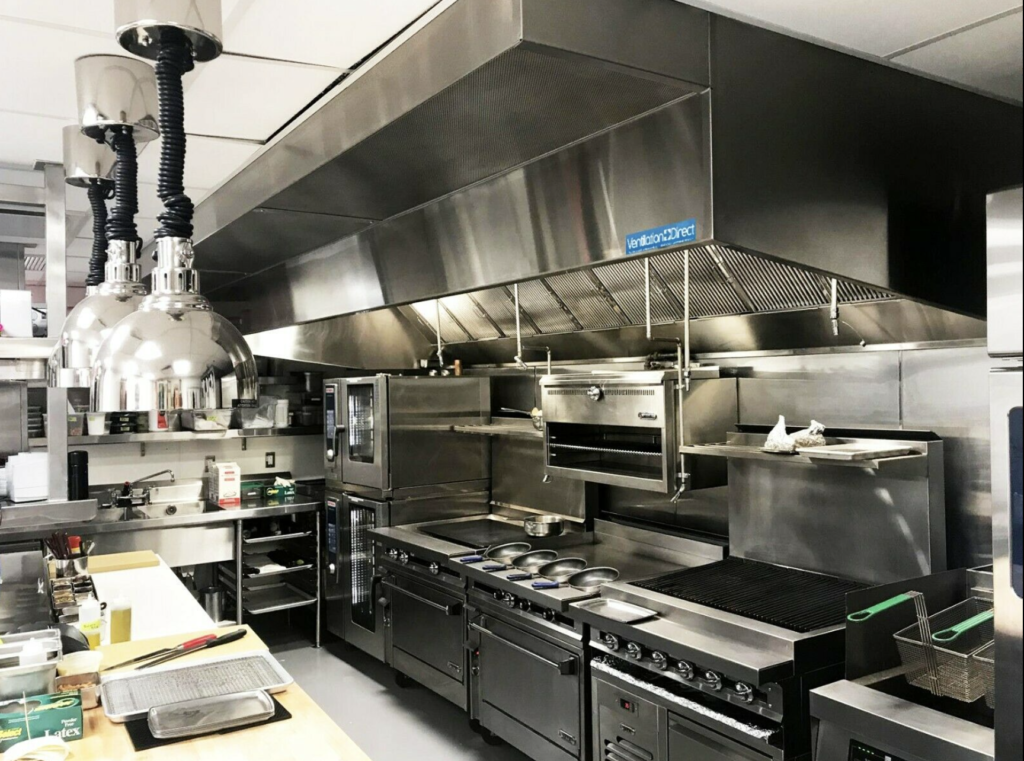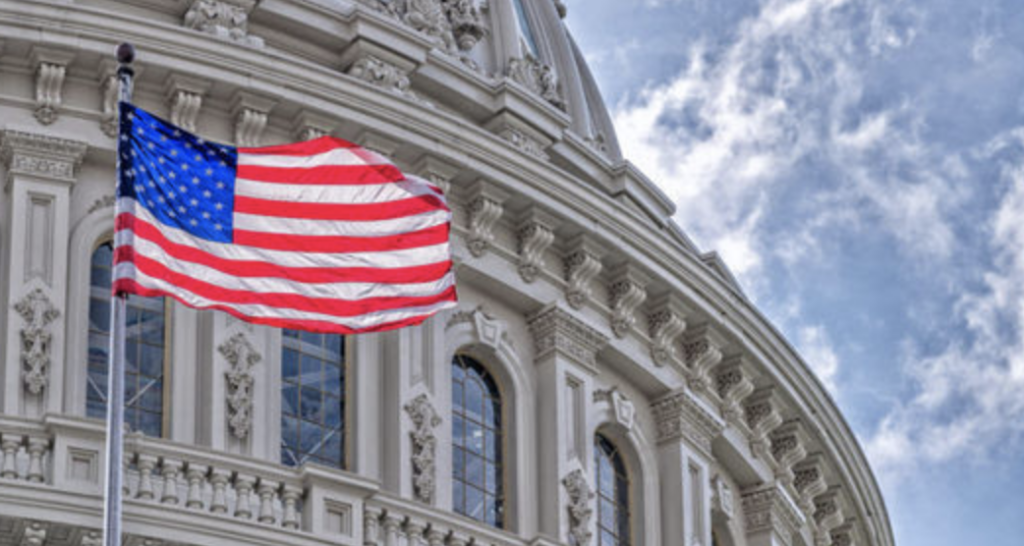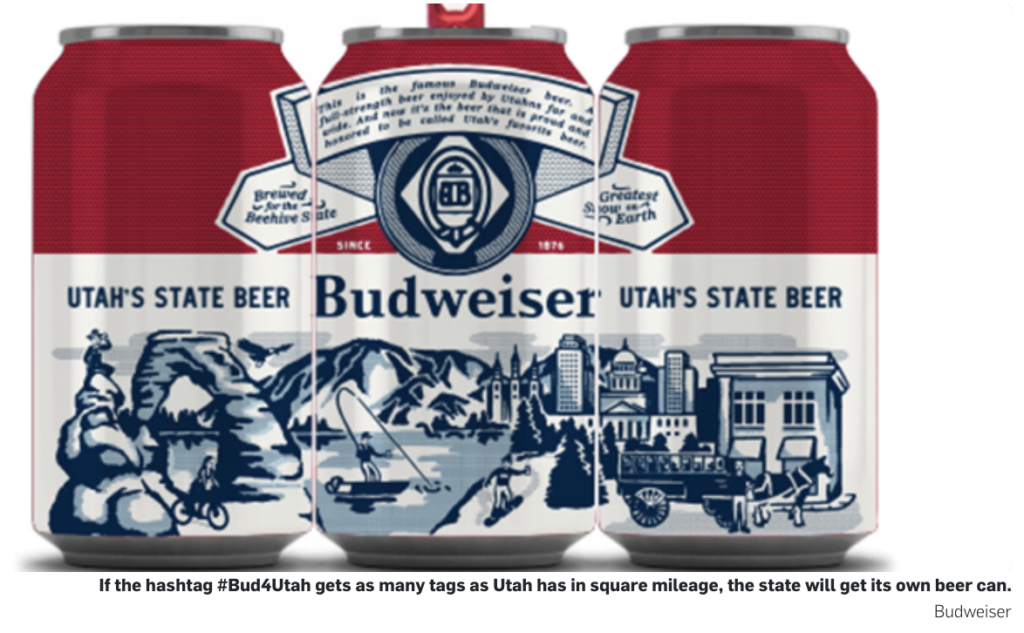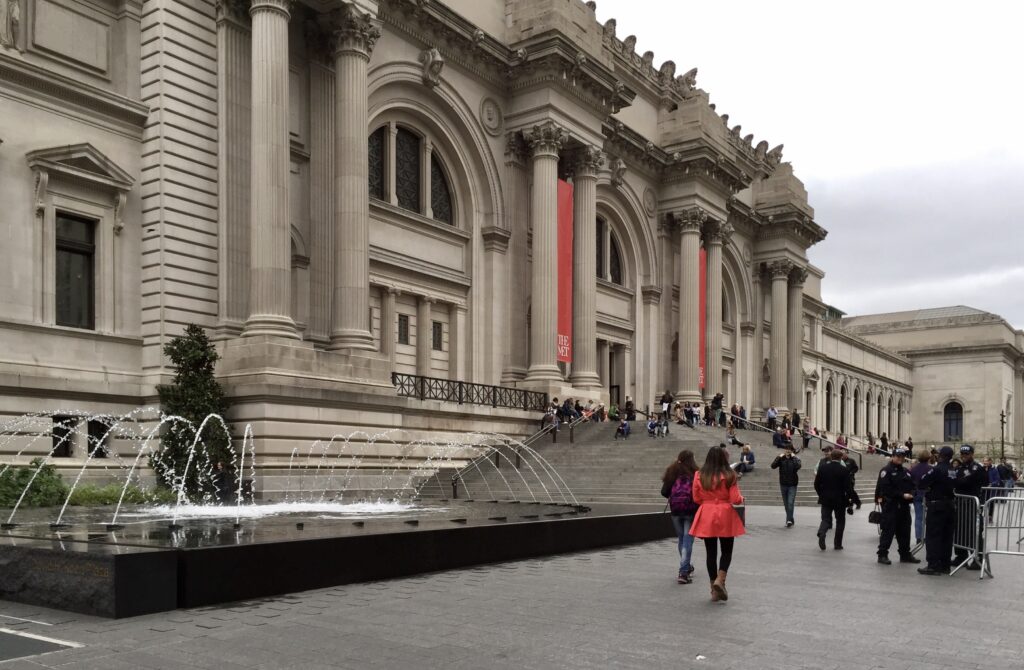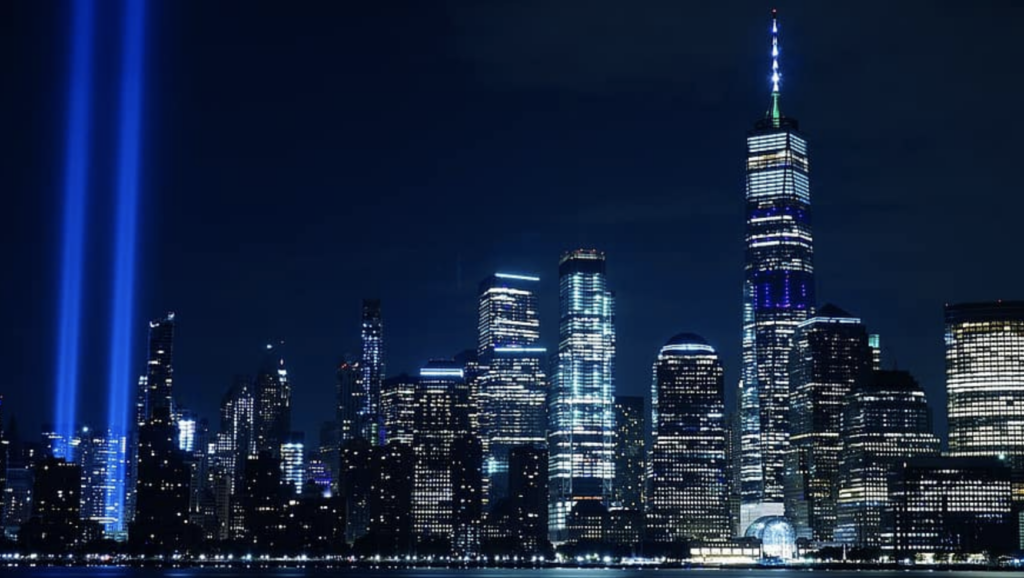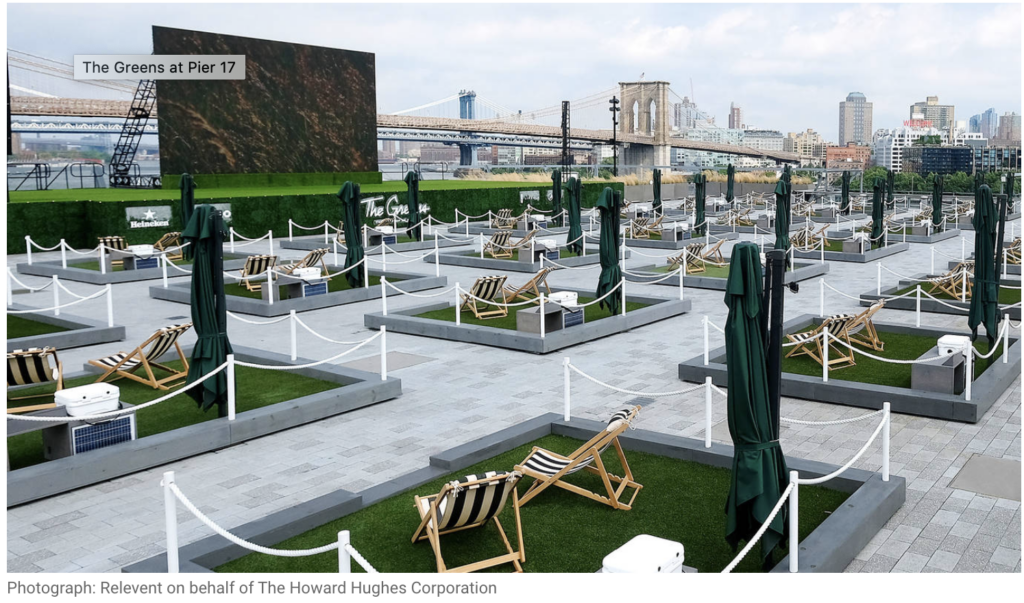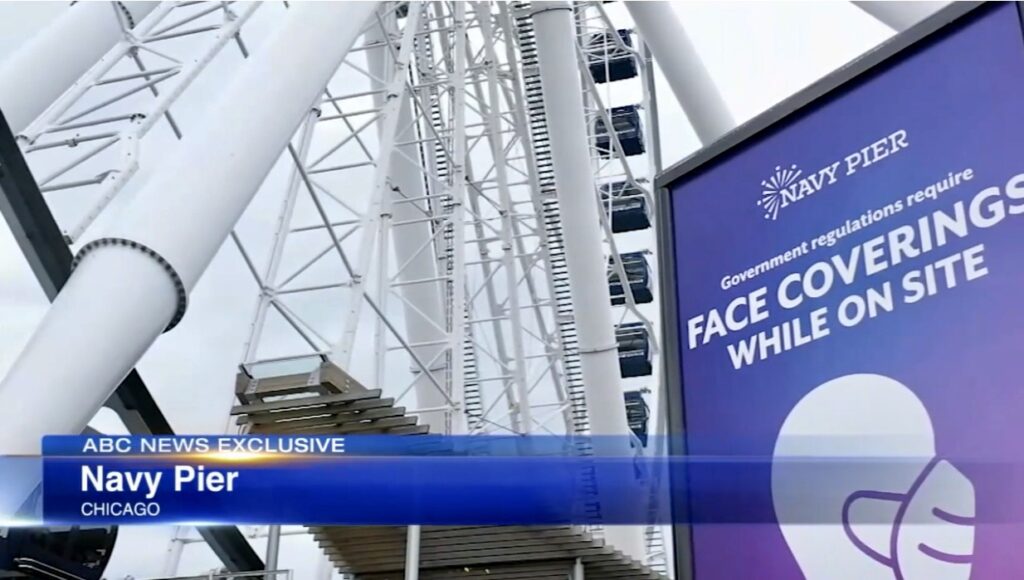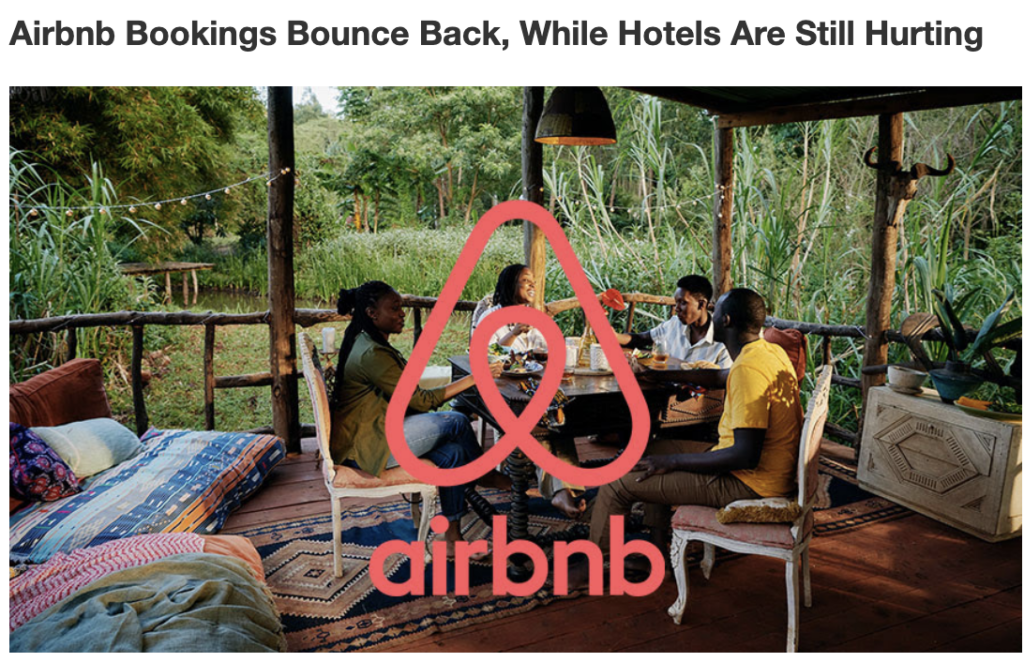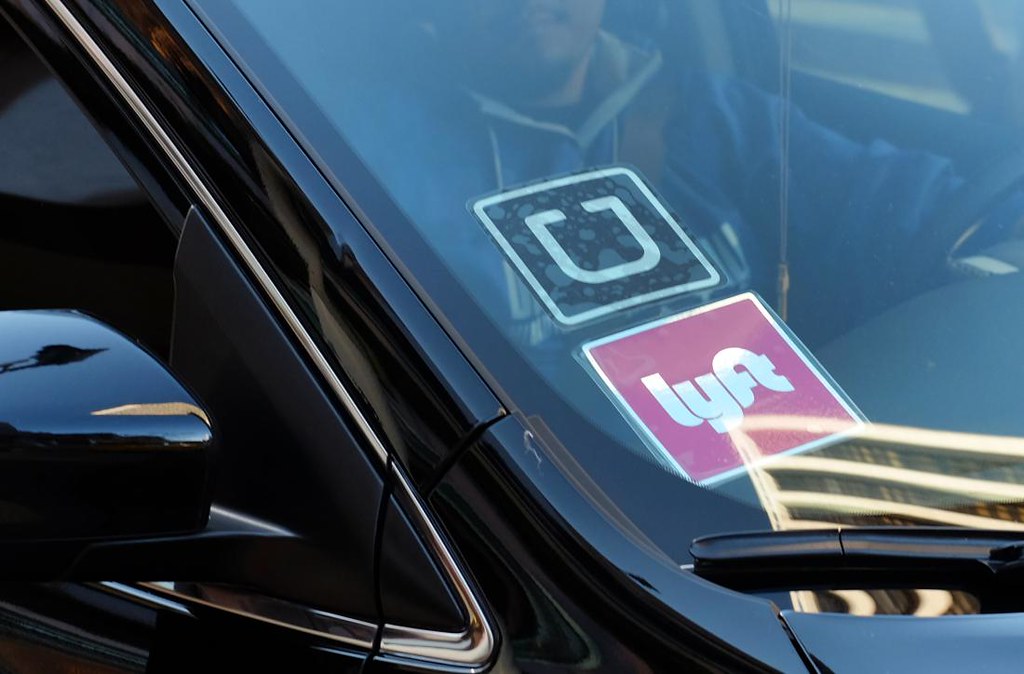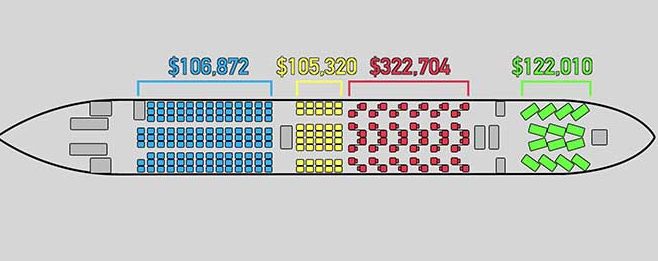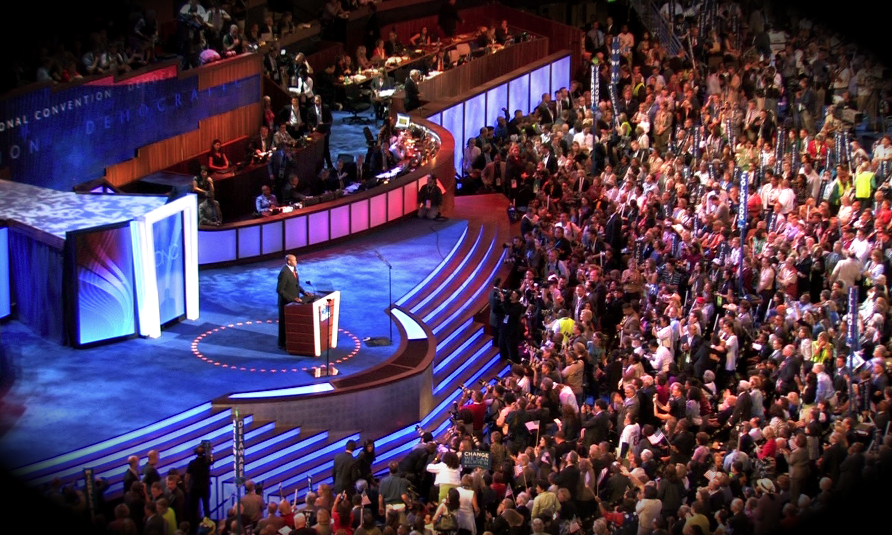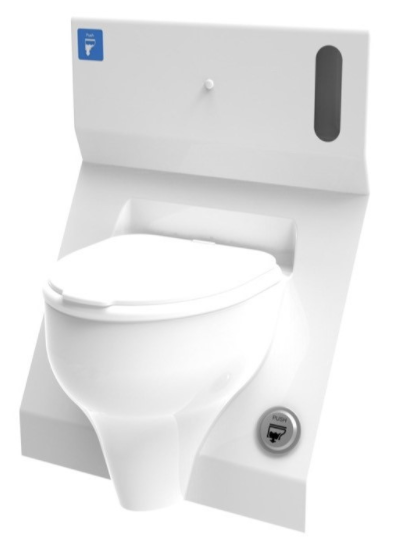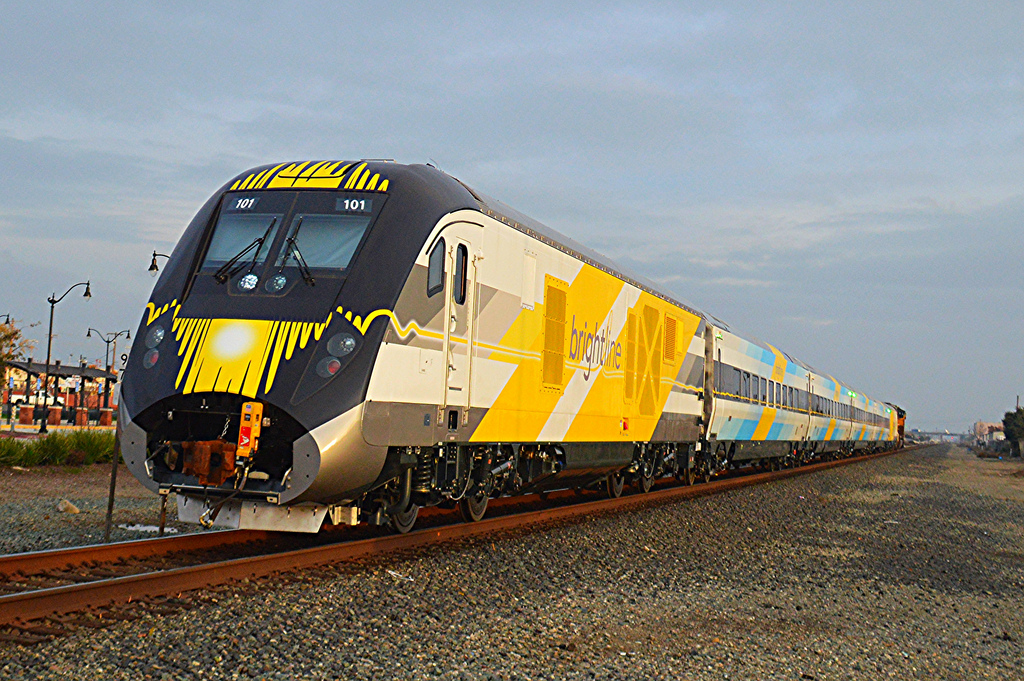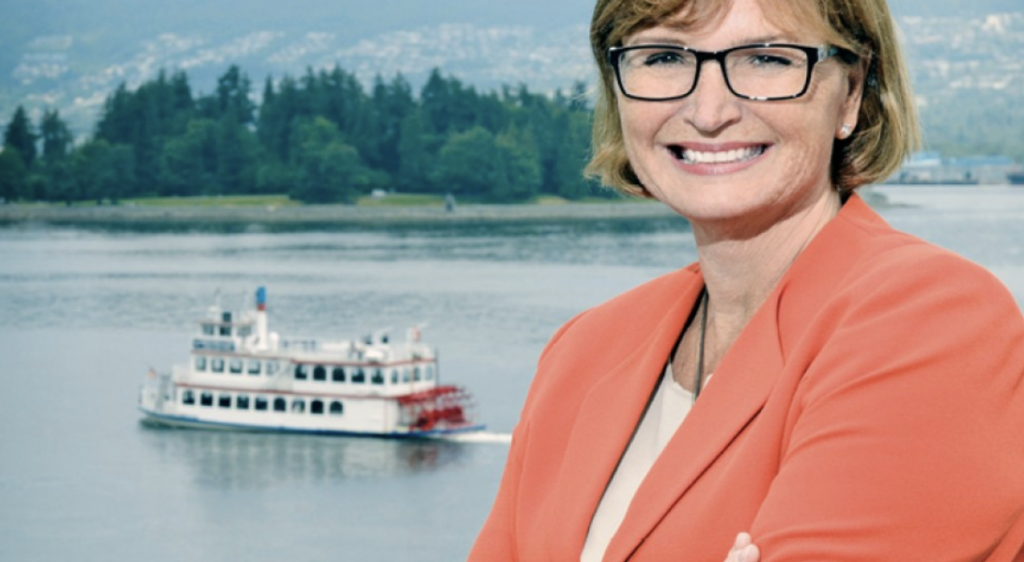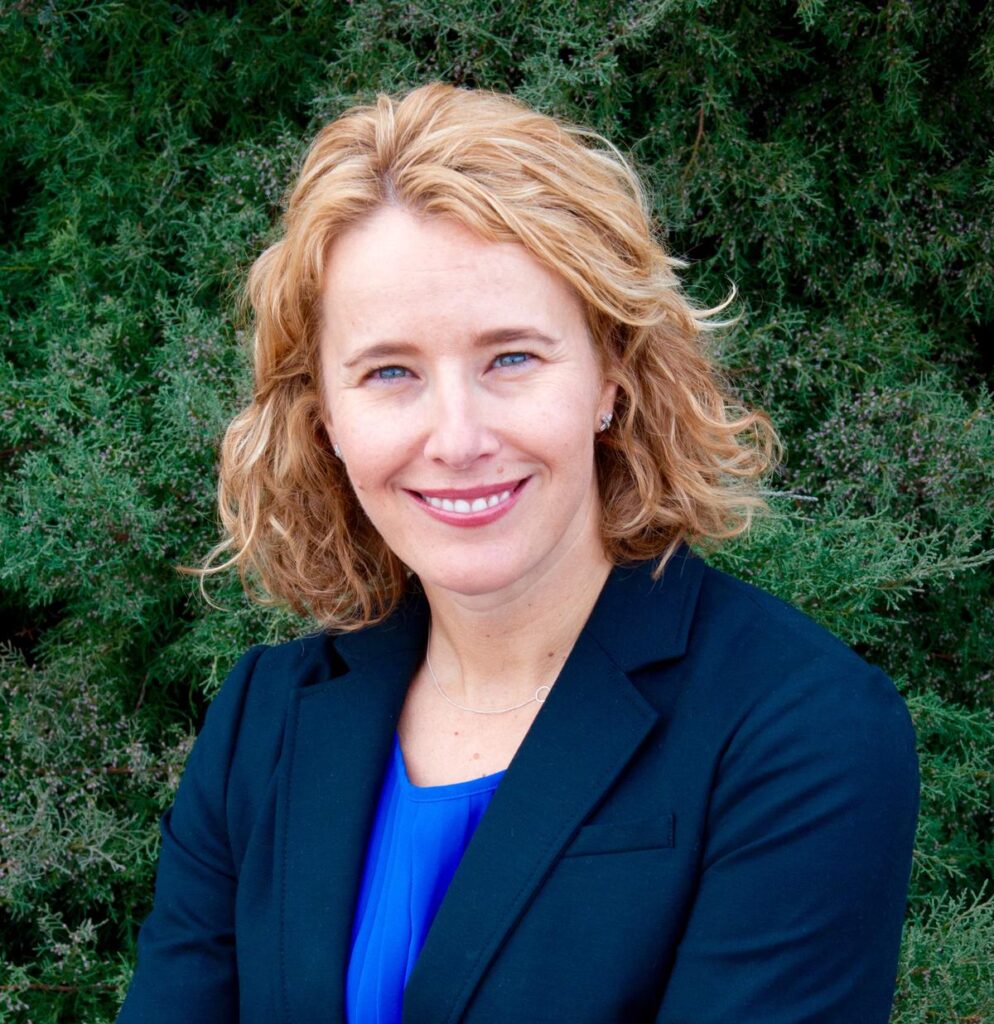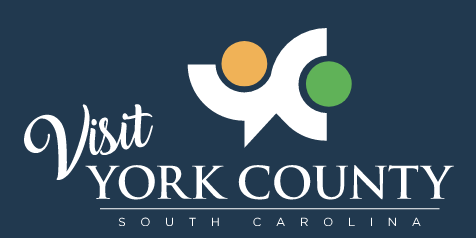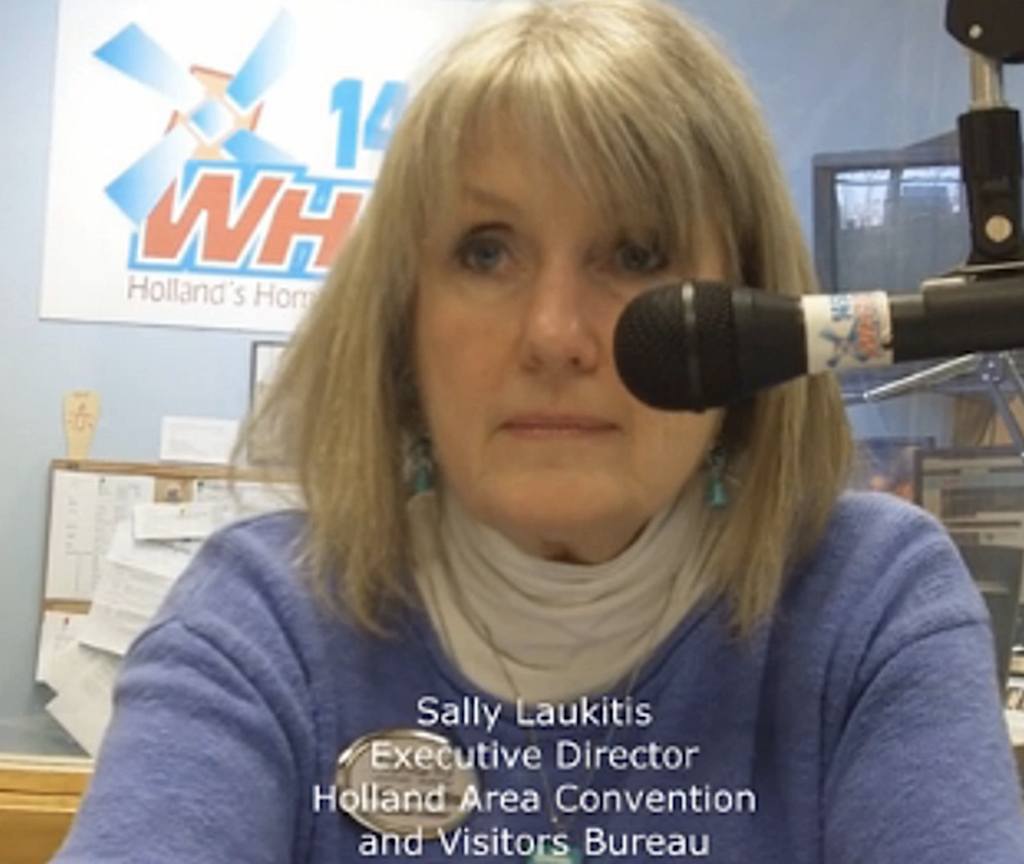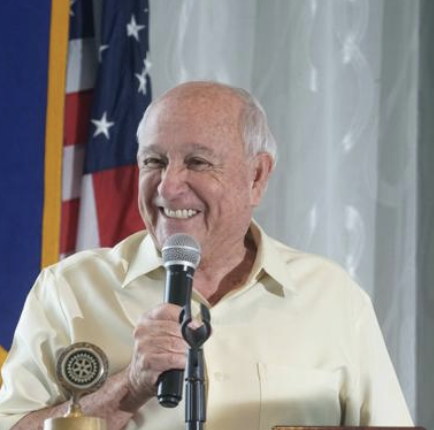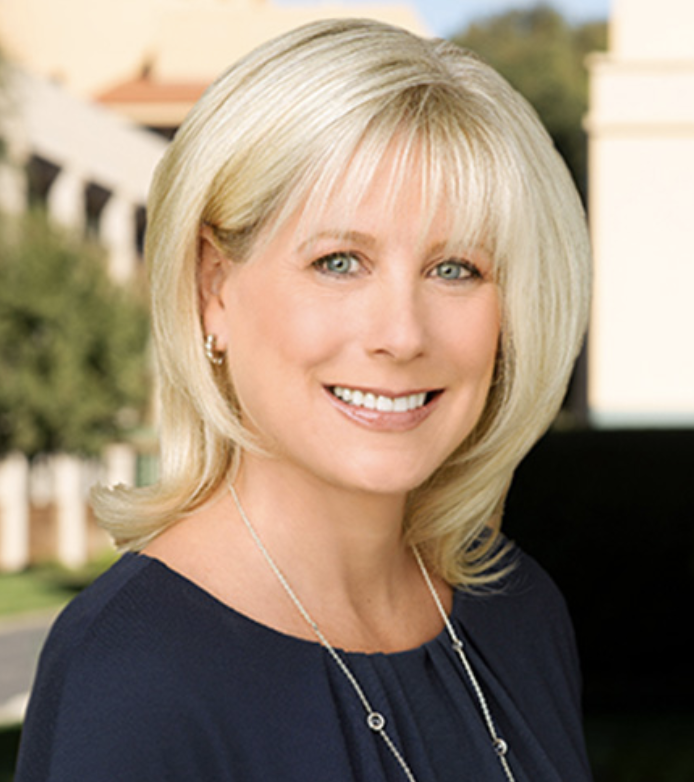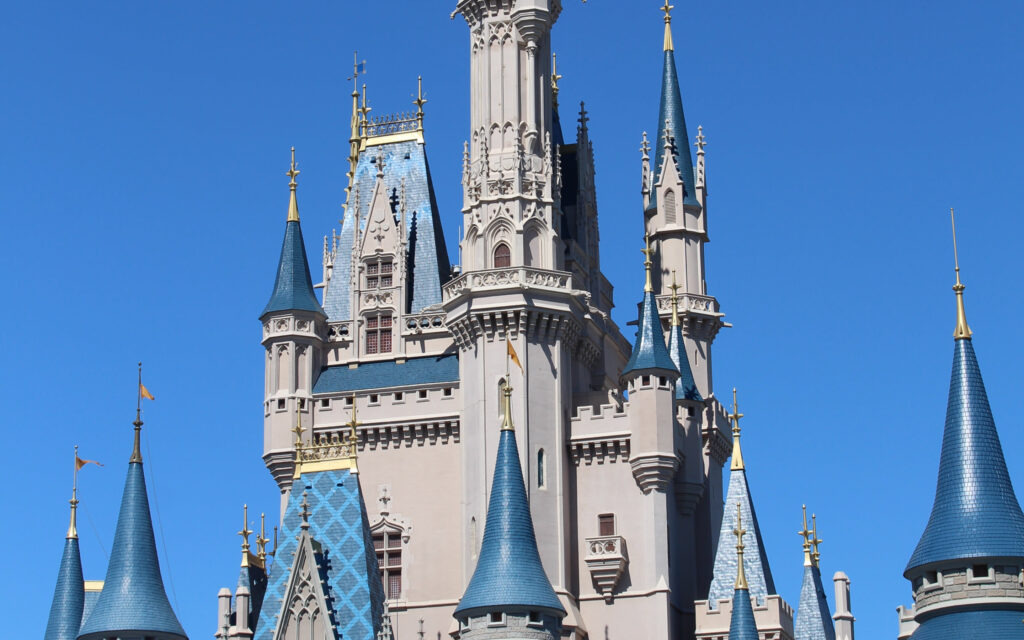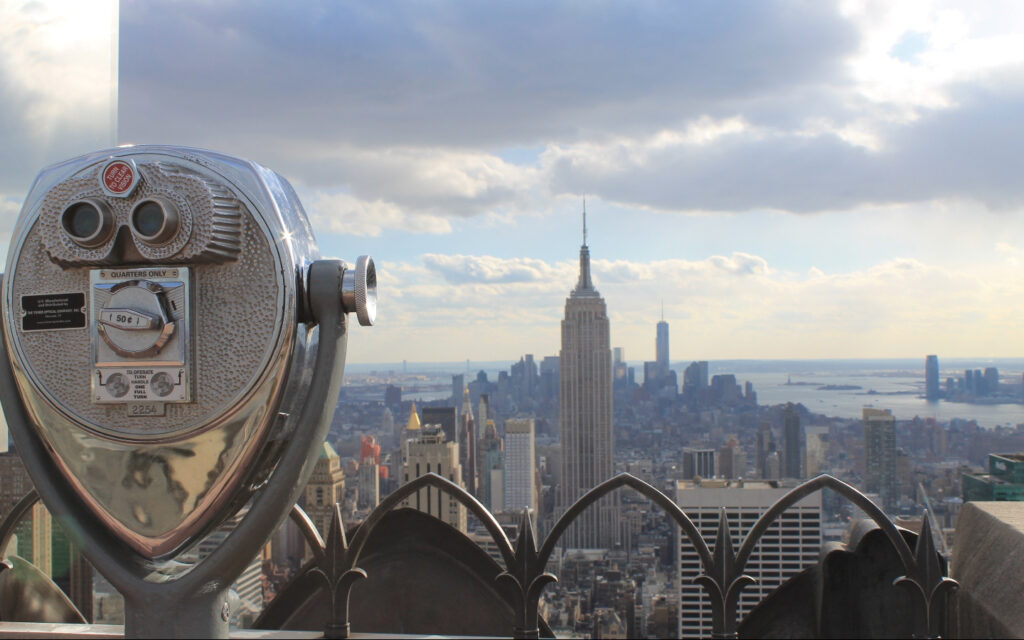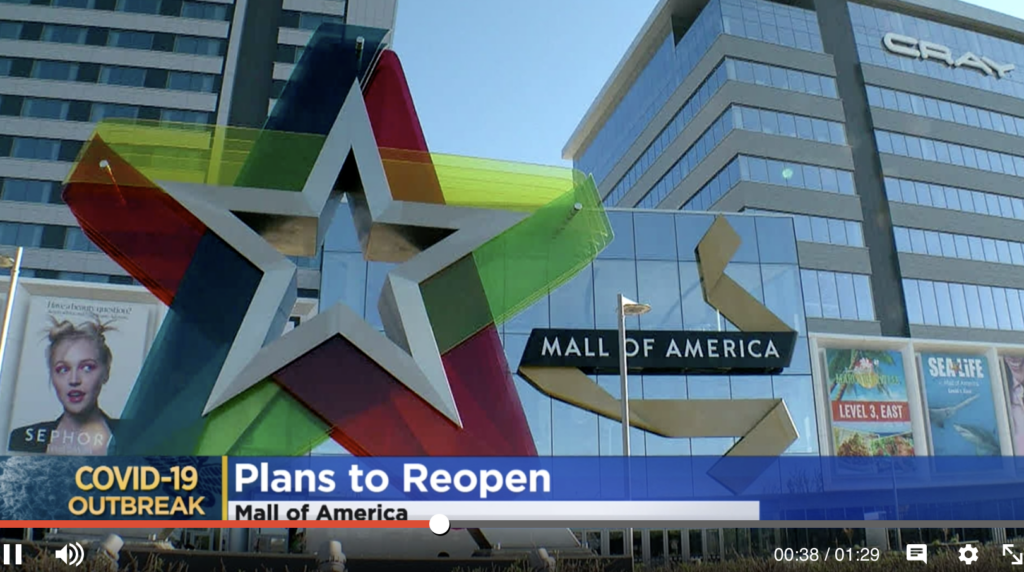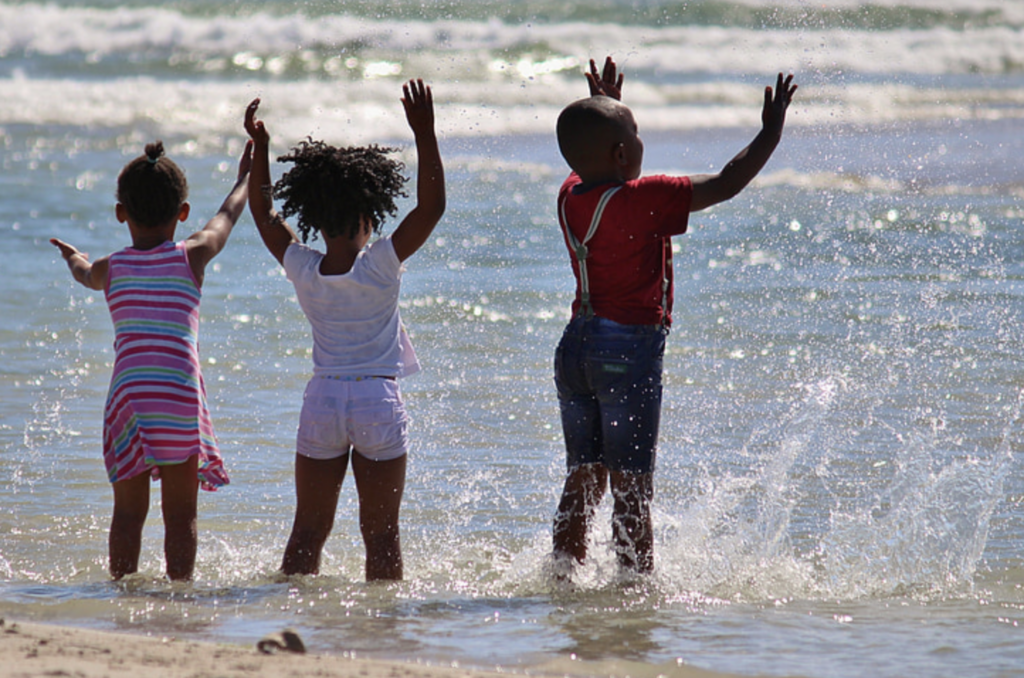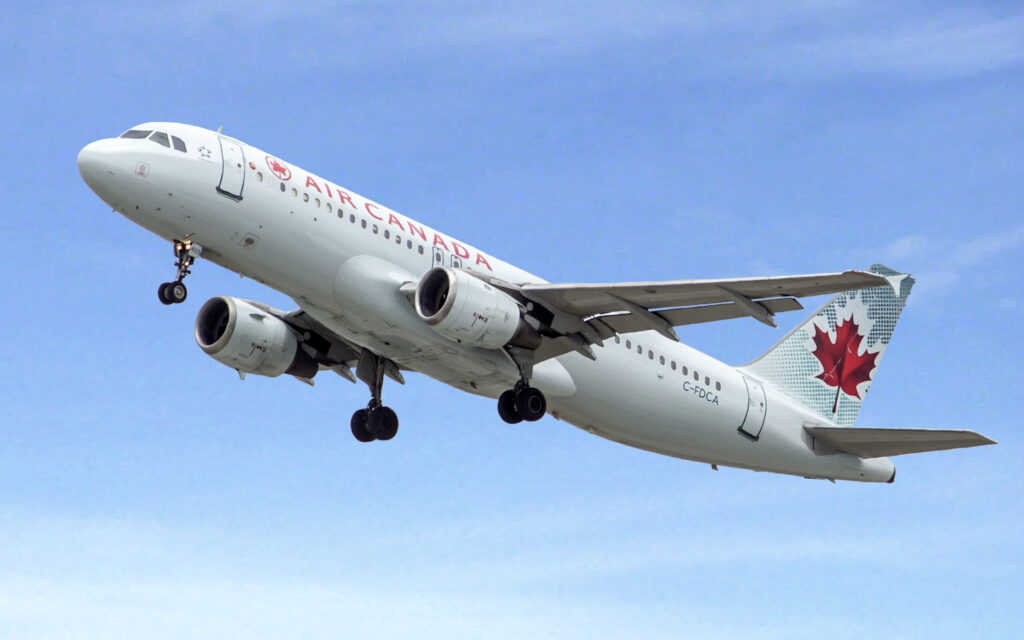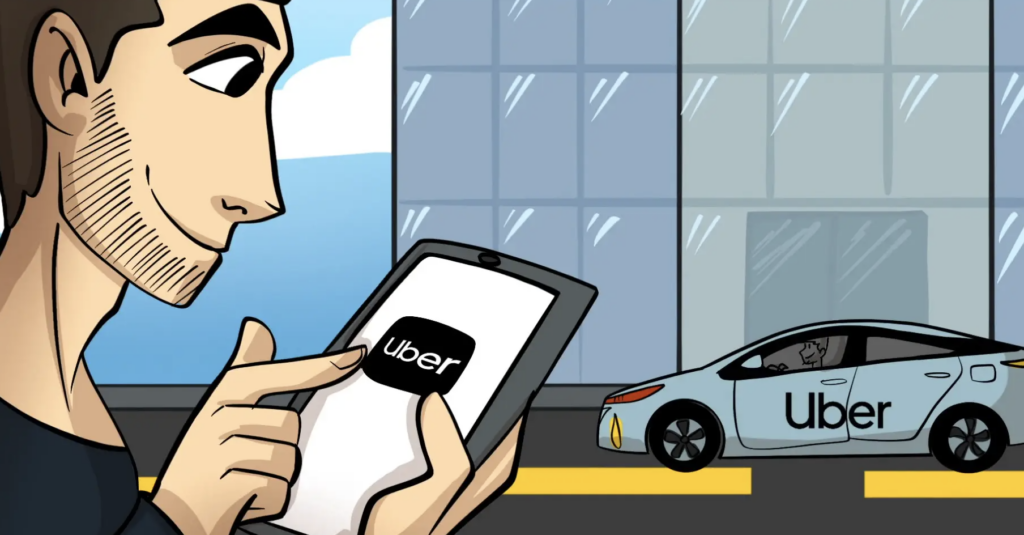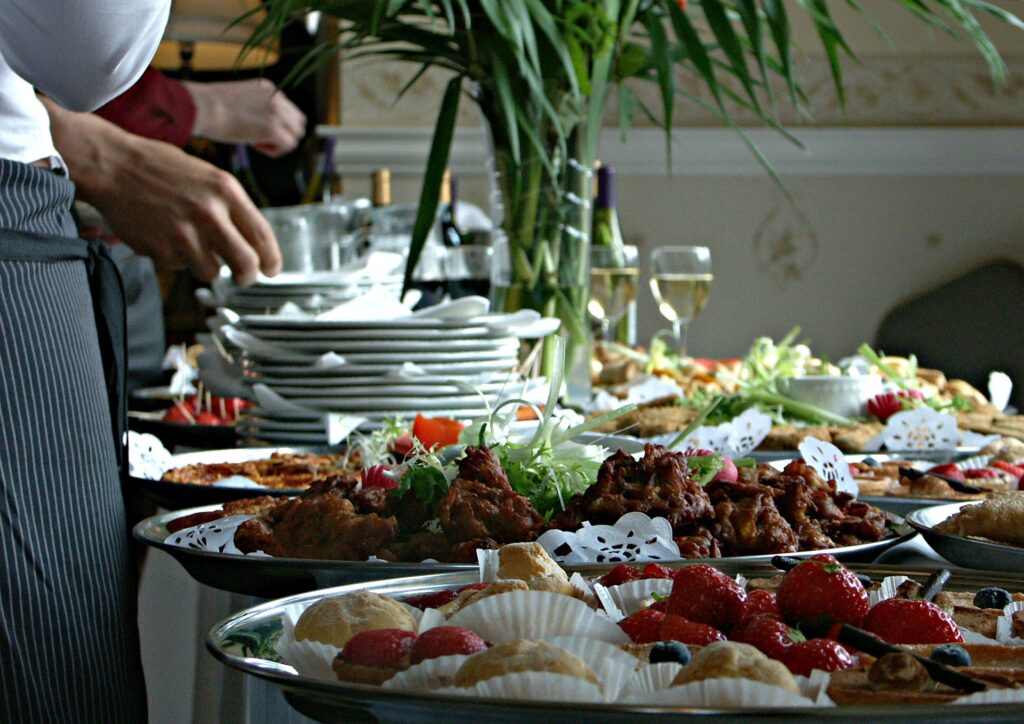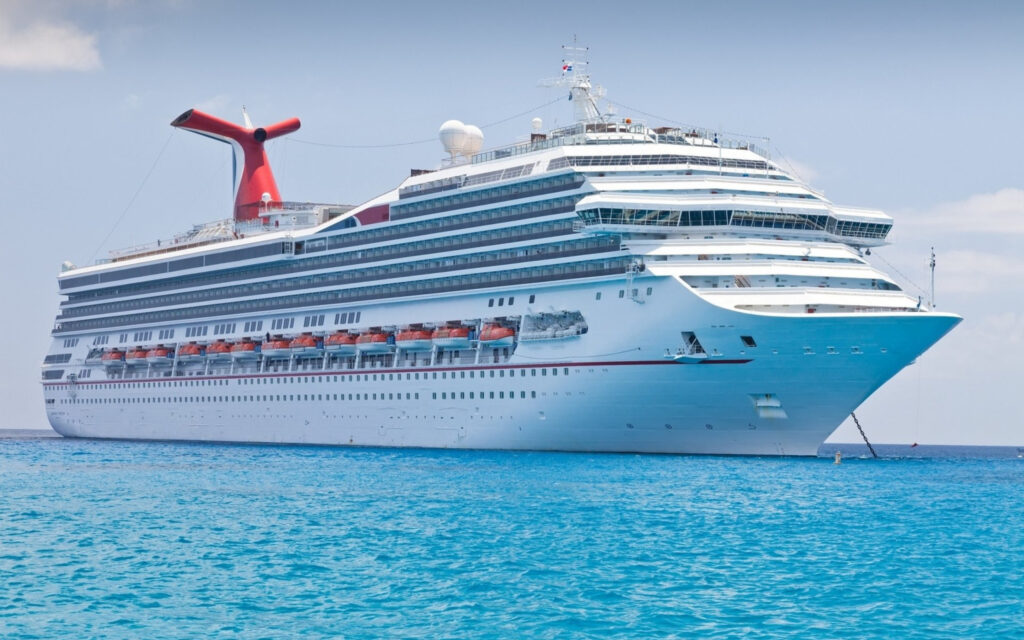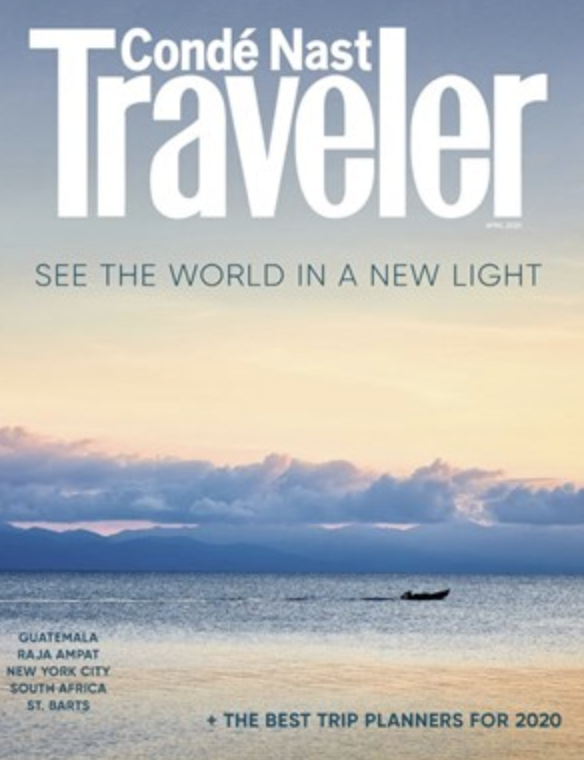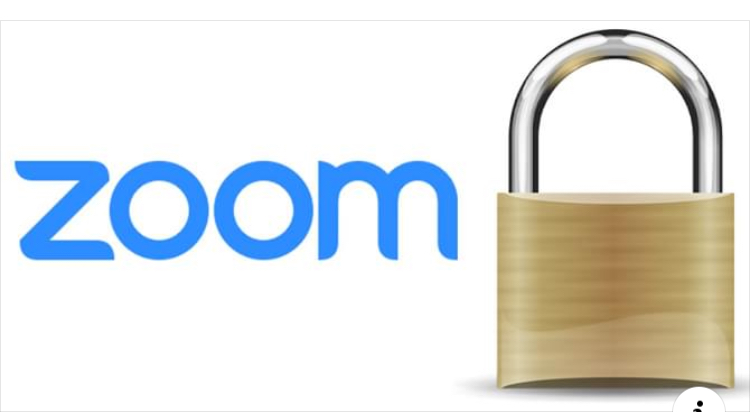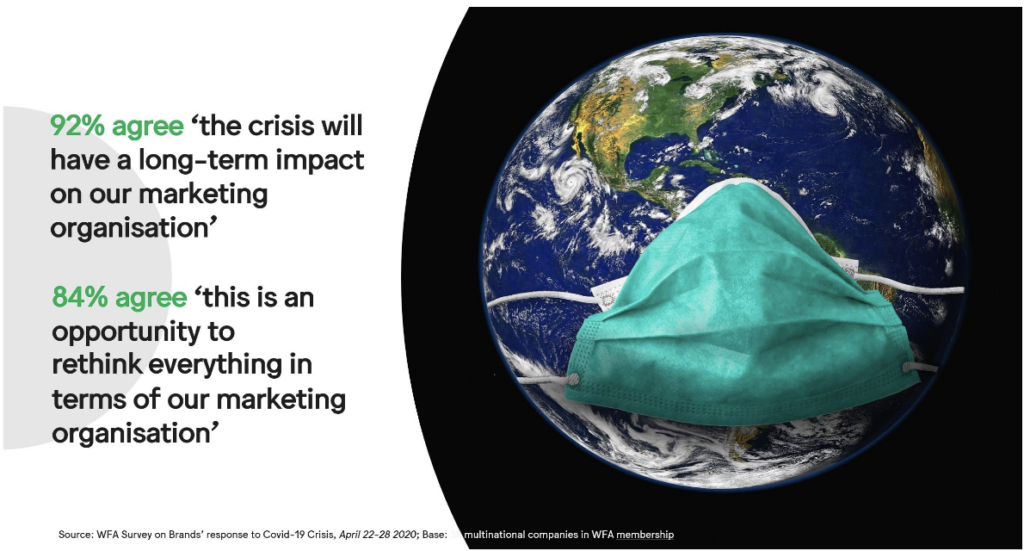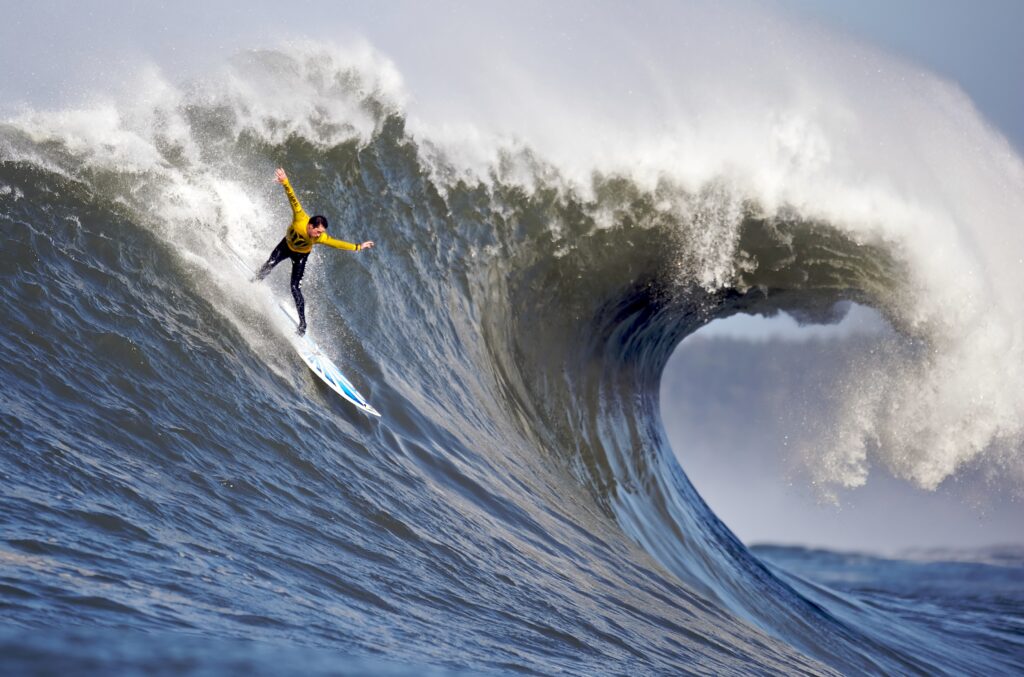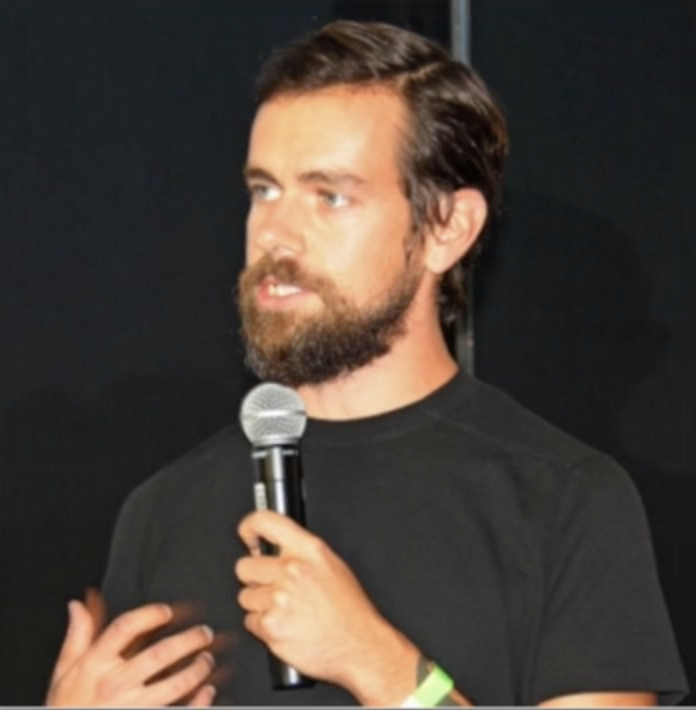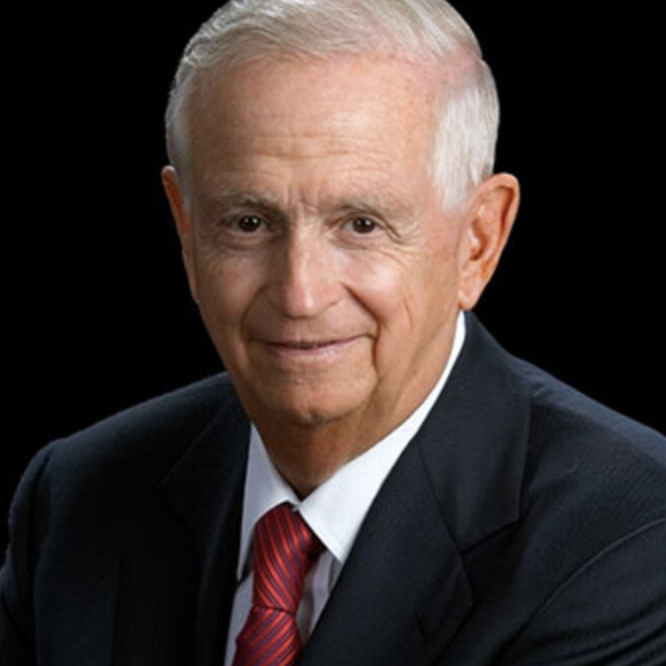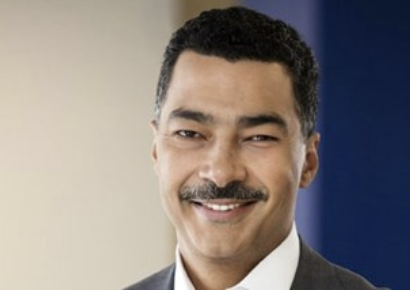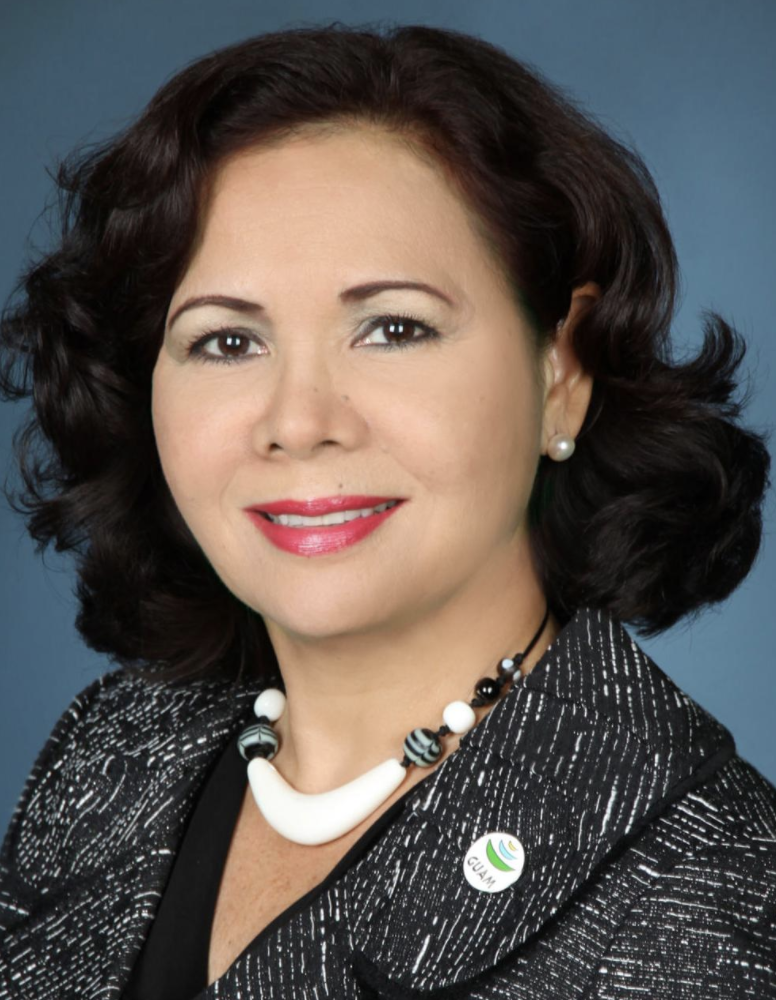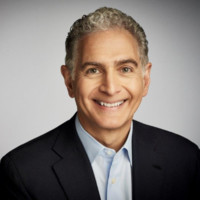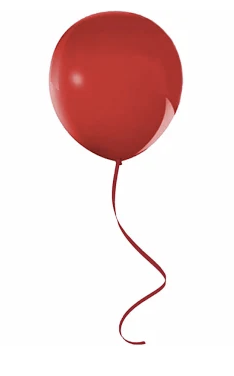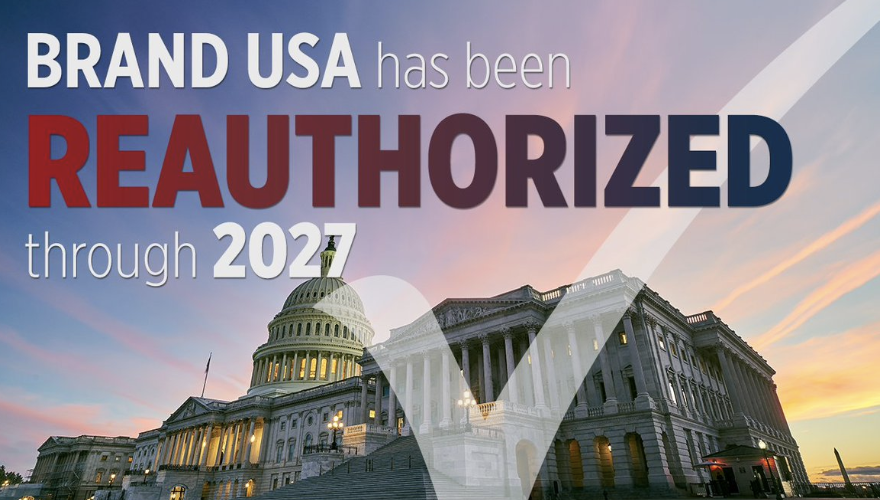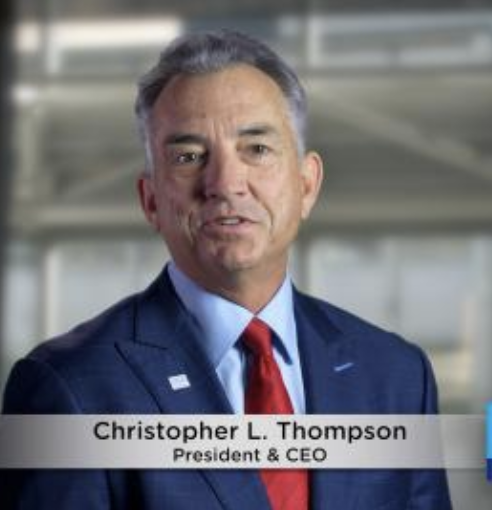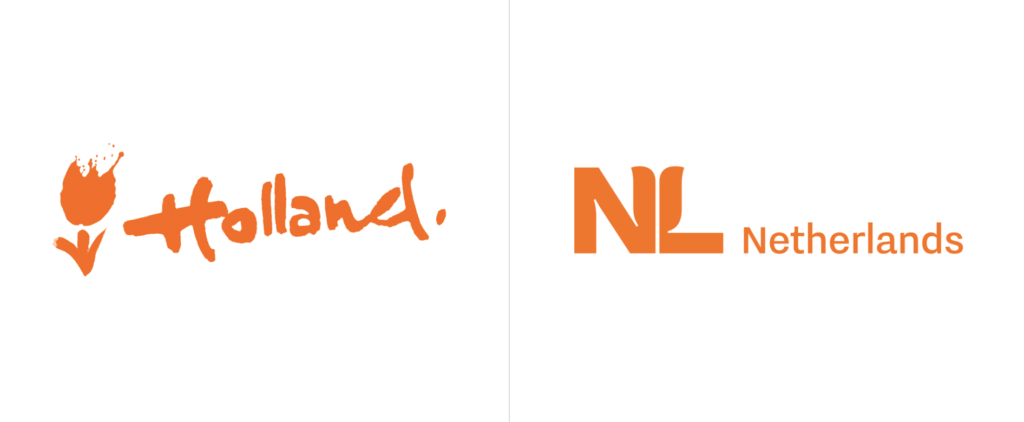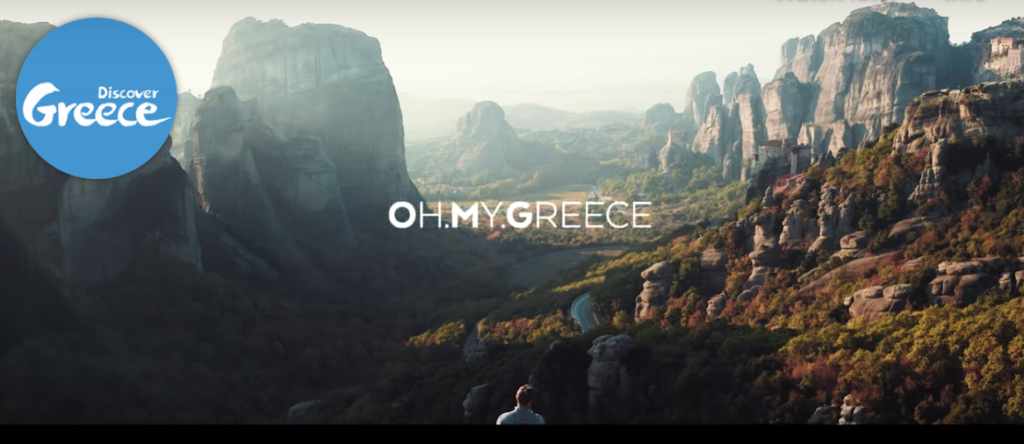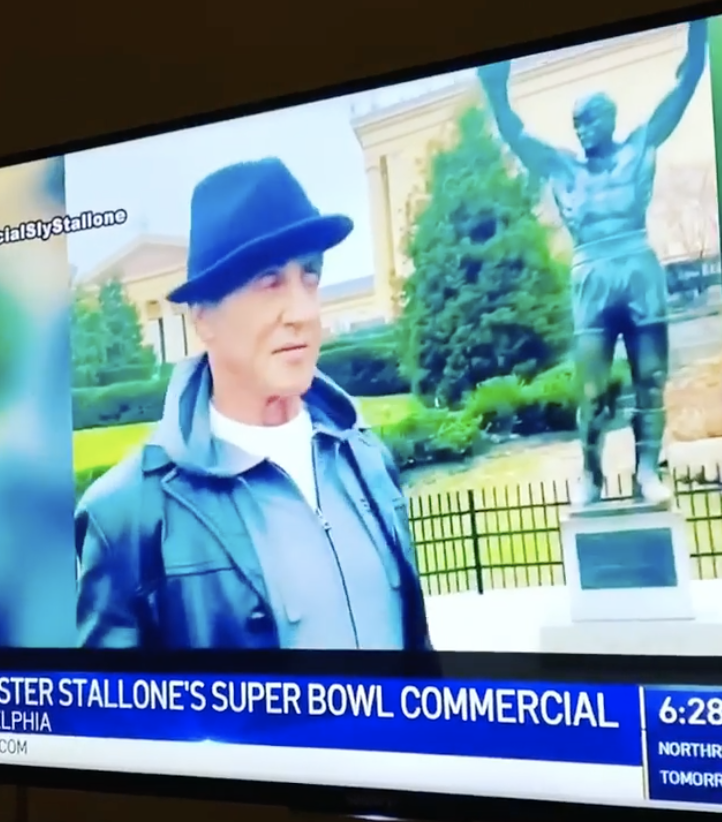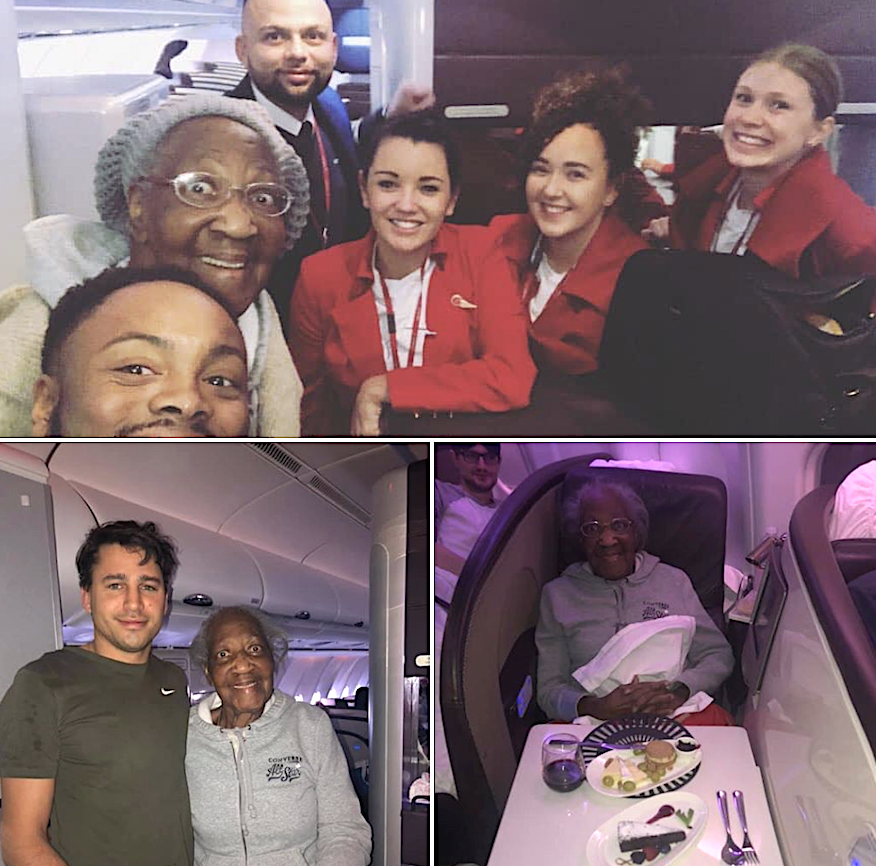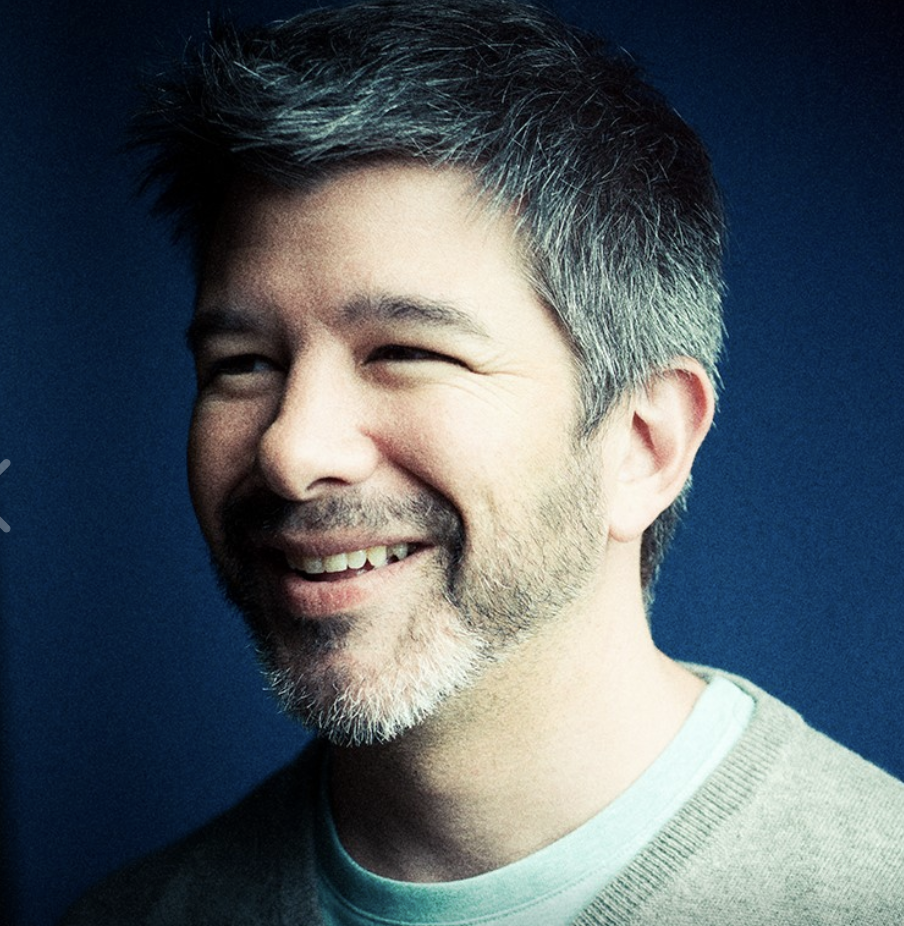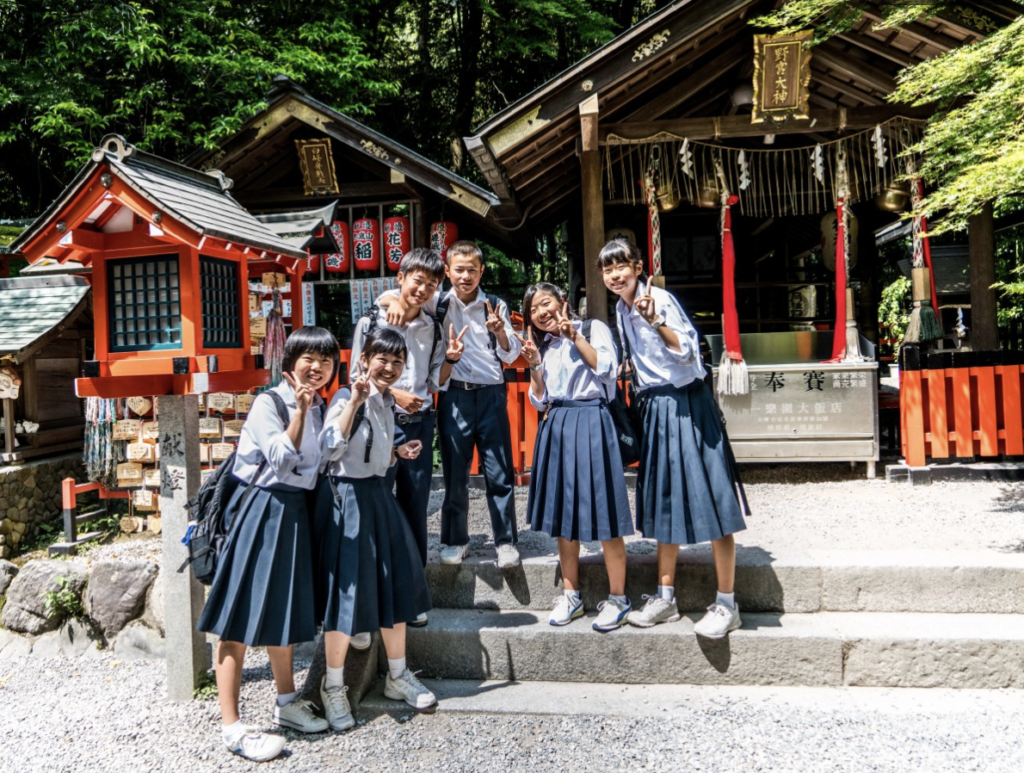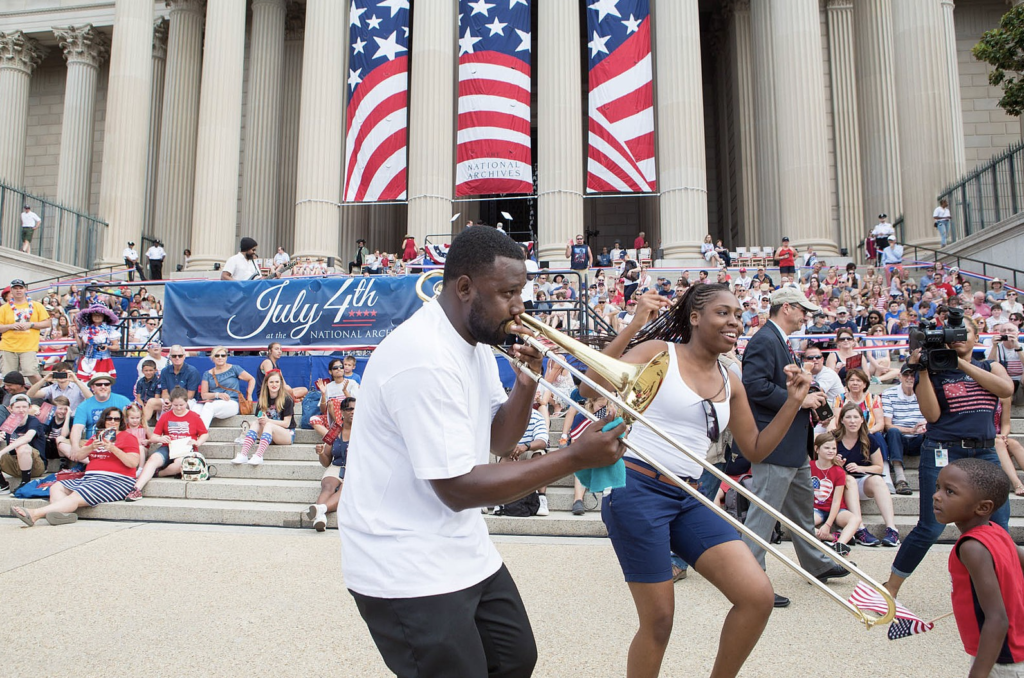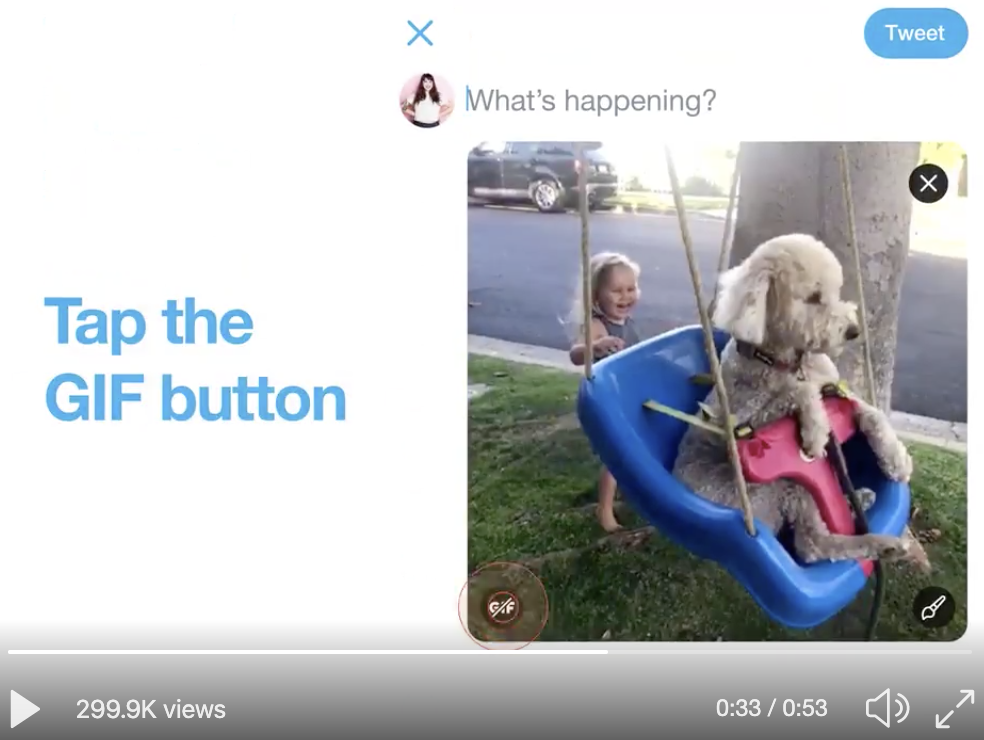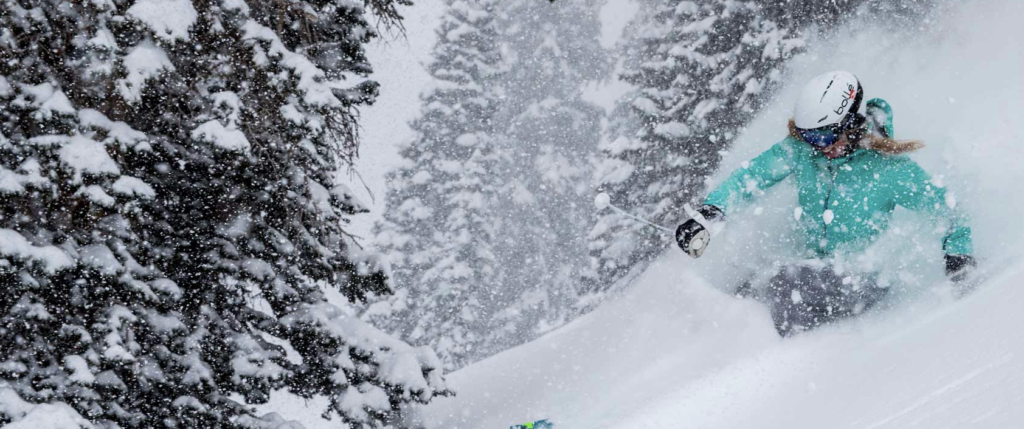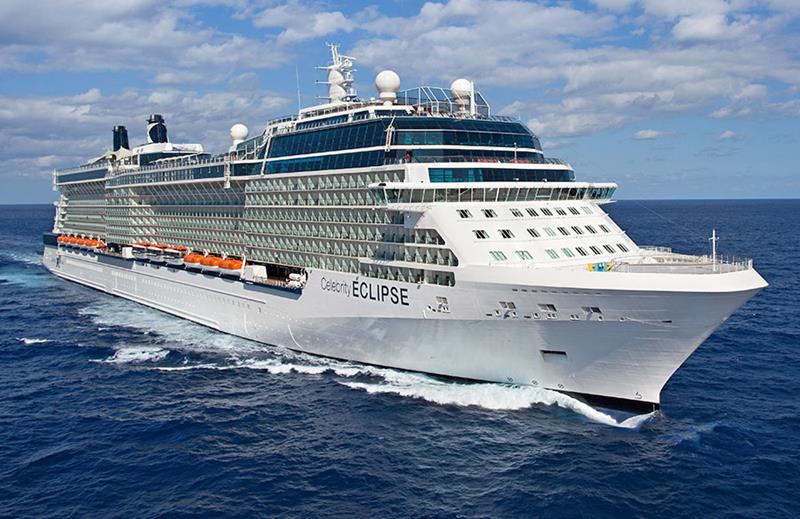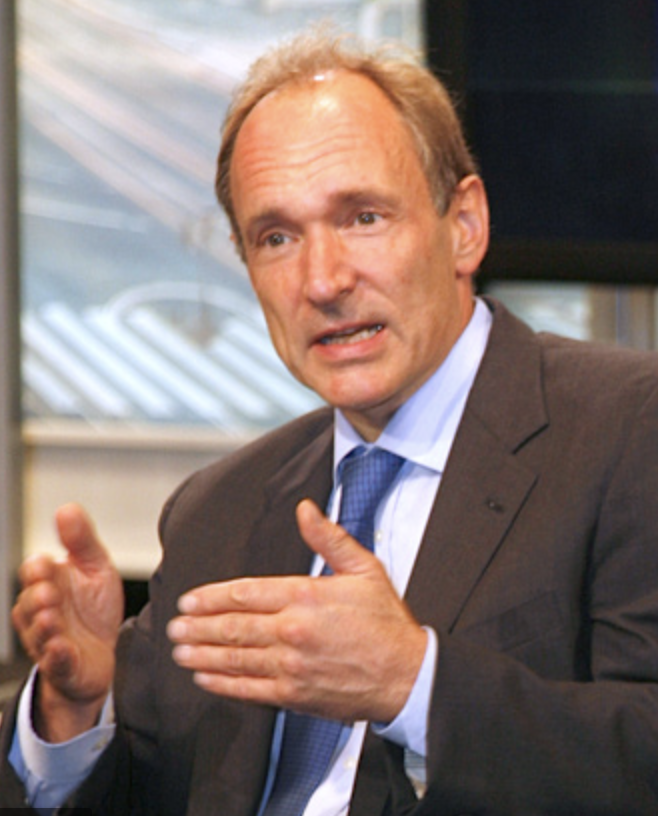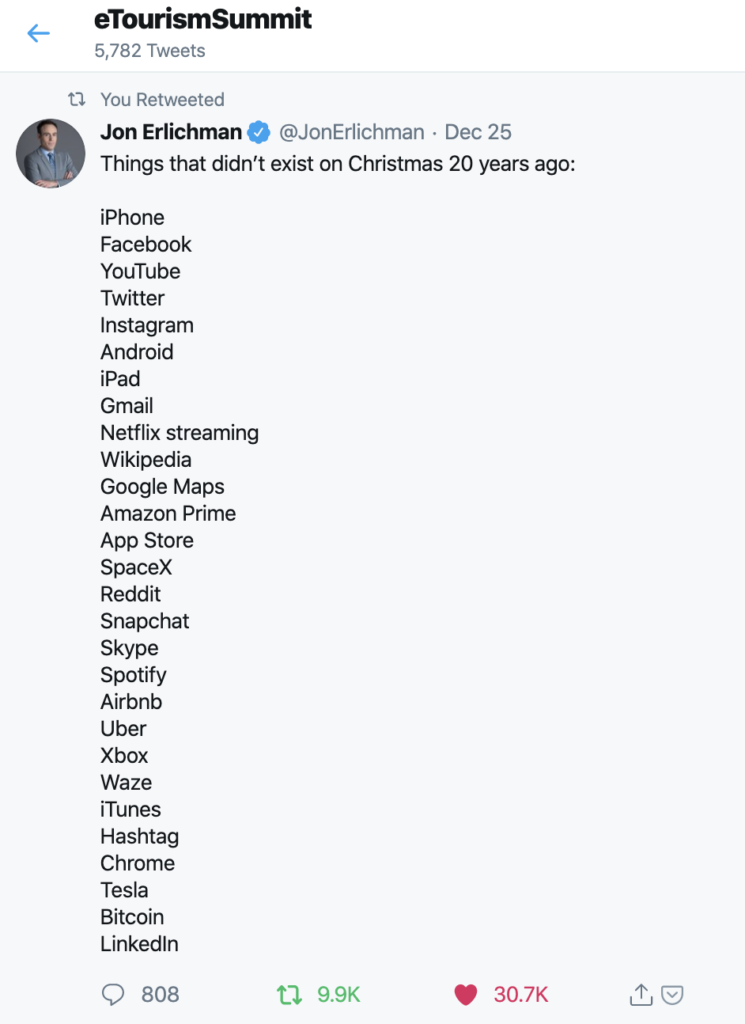But Will There Be Fans in the Stands? Two days ago, The Boston Globe reported that Major League Baseball proposed a one-month delay to the start of spring training and the full season. The following day, MLB issued a statement saying, that was a good idea but actually we won’t do that because the Major League Baseball Players Association wouldn’t agree to it. So, MLB is set to start on time subject to an agreement on Covid-19 protocol. At least, we think this is accurate reporting.
Last week, several curveballs were thrown in the latest inning of Covid-19 vs. Travel Industry.
Now it’s required that all inbound US air travelers provide proof of a negative coronavirus test before boarding. [Note: Scrambling to get into position, airlines are creating new apps and some hotels and resorts are setting up their own testing facilities as a perk or an ancillary revenue stream.]
In Wash., D.C. last week, Roger Dow, President & CEO of U.S. Travel Association, delivered the annual State of the Travel Industry address via webcast from the National Press Club. He described “Travel’s Next Great Chapter” following the challenges of the pandemic that cost the travel industry 4.5 million jobs in 2020—more than any other U.S. industry.
During a press conference, Executive VP of Public Affairs and Policy Tori Emerson Barnes said that the high cost and low availability of testing in parts of the U.S. “would make it quite unworkable.” She added, “A domestic testing requirement would hamper not only the mobility of the country but put a huge further dent into the national economy.”
U.S. Travel supports Covid-19 testing for international arrivals and the mask mandates. However, the association reiterated opposition to quarantine for international arrivals and mandatory Covid-19 testing for domestic air travel, a possibility that the CDC is “actively looking at.”
At CNBC, an interview with American Airlines‘ CEO indicated caution about the rate of that recovery while the carrier continues its 2020 Q4 burn rate at $30 million a day. Boeing‘s CEO said some carriers will not survive the crisis.
Looking north…
As new variants emerge, now more than ever, Canadians should be staying home. For their health and that of their loved ones, Canadians should only be considering travel if it is absolutely essential. With school breaks around the corner, I take this opportunity to remind Canadians that under no circumstance should anyone be planning travel for leisure.” — The Honourable Marc Garneau, Canada Minister of Foreign Affairs
Canada was the number-one source market for inbound U.S. travel, with nearly 21 million Canadians visiting the United States in 2019.
Last Friday, a frosty but firm Canadian Prime Minister Justin Trudeau announced new rules on international travel on top of the existing ones. In addition to requiring a negative 72-hour pre-arrival molecular Covid test, Canada has suspended flights to and from Mexico and the Caribbean. As soon as possible in the coming weeks, all other Canadian-bound air travelers must reserve a room in a Government of Canada-approved hotel for three nights at their own cost, and take a COVID-19 molecular test on arrival at their own cost. Effective Feb. 3, 2021, Transport Canada allows flights to funnel into only four Canadian airports: Montréal, Toronto, Calgary, and Vancouver.
Closed, open, closed again, re-opened…the Covid-era restaurant scene is super confusing.
Cozy and romantic New York City restaurants say reservations went wild when Gov. Andrew Cuomo announced they could re-open for indoor dining at 25% capacity as of Valentine’s Day. Meantime, NYC’s record-breaking Restaurant Week (to go) is a $20.21 meal deal that will stick around through February 28.
More innovation from hotels: Ghost kitchens, also called digital kitchens, are cooking facilities that only produce food for delivery or takeout. The concept is not consumer-facing, has flexibility on locations, provides lower costs and faster delivery. With cities bouncing from one lockdown to the next, this model has found its stride. Ghost kitchens had already been catching on when Covid-19 hit, reports Restaurant Business, and the pandemic has only accelerated their development. Euromonitor, a London market research firm, predicts ghost kitchens will become a $1 trillion industry over the coming decade.
Don’t Drink and Drive: Now Uber is showing us that it can also turn on a dime, strategically-speaking. They’re pouring $1.1 billion into booze via the acquisition of an online liquor store platform called Drizly. The service that delivers alcohol to doorsteps (Has anyone used Drizly? Do they use unmarked boxes? Do they ring the doorbell?) in 1,400 cities is an 85-employee company headquartered in Boston.
Have you got a curveball response to share?
